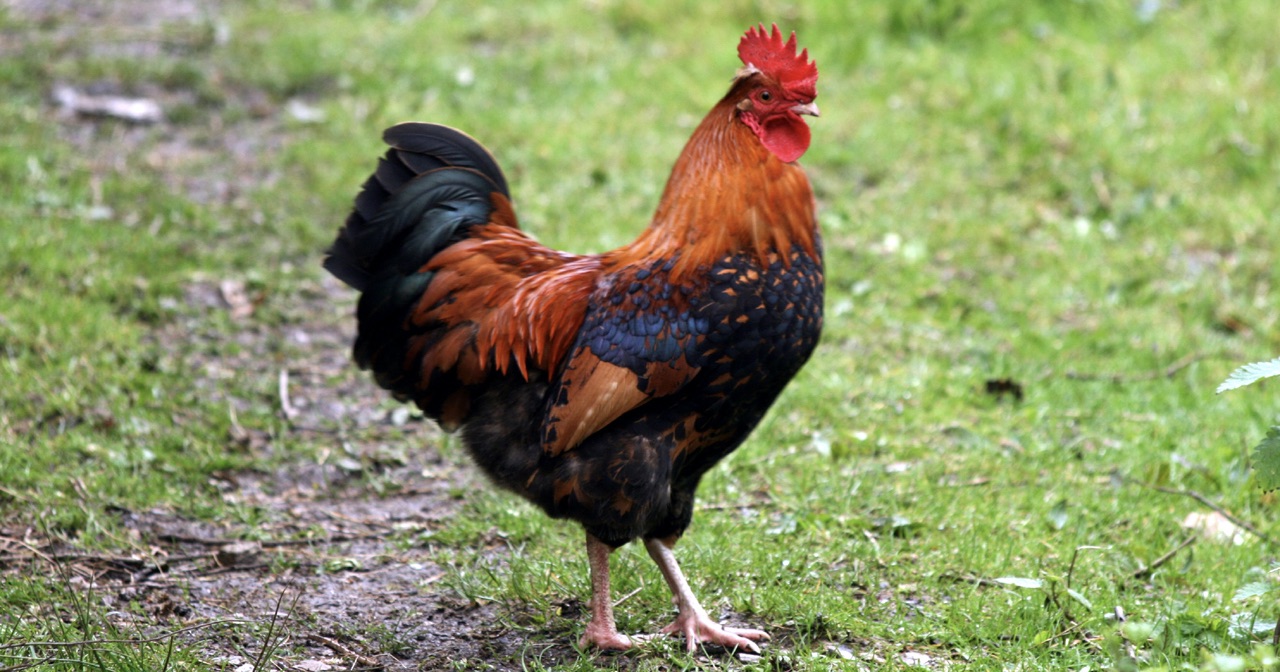 Evolution
Evolution
Are Darwinists Backing Away from Falsification?

It’s got to be a coincidence, right? Back in March, the prominent science journal BioEssays called for government-backed Internet censorship of intelligent design proponents, mentioning those at Evolution News in particular. What set off the author of the article, Dave Speijer? It was a post here by Paul Nelson on “Popperian falsification.”
An Unhealthy Theory
Dr. Nelson had the temerity to observe that Darwinian theory is in trouble:
One should want SOME consequences, however, if a theory asserts that “According to our theory, A is the case except if A is not the case.” If the rooster stands on the manure pile, as the folk saying goes, it will rain tomorrow or it will not rain tomorrow. We’ve got all the possibilities covered: our theory is fully general and comprehensive.
That’s not knowledge. And that is not a healthy theory.
Nelson was responding to another article by Dr. Speijer, who in turn went ballistic. Paul had criticized evolutionists for “rationaliz[ing] departures from prediction.” Now an article by theoretical physicist Mano Singham for Scientific American flat out declares, “The Idea That a Scientific Theory Can Be ‘Falsified’ Is a Myth.”
Science Studies
Singham discusses the field of science studies, “comprising the history, philosophy and sociology of science,” which “has shown that falsification cannot work even in principle.” He regrets, “Unfortunately, some scientists have disparaged the entire field of science studies.” That fact is unfortunate, he feels, because
this knowledge equips people to better argue against antiscience forces that use the same strategy over and over again, whether it is about the dangers of tobacco, climate change, vaccinations or evolution. Their goal is to exploit the slivers of doubt and discrepant results that always exist in science in order to challenge the consensus views of scientific experts.
It could be a coincidence that, in his mild and reasonable way, Paul Nelson provoked the outburst from BioEssays over “Popperian falsification,” saying that evolutionary couldn’t meet the standard — and now Scientific American comes along, pointing to challenges from “anti-evolutionists,” as Singham puts it, and says that the standard itself is to be dropped as a “myth-story.”
[I]f you propagate a “myth-story” enough times and it gets passed on from generation to generation, it can congeal into a fact, and falsification is one such myth-story.
It is time we abandoned it.
It could be a coincidence, but I don’t much believe in coincidences. Backing away from falsification would be useful for evolutionists and their theory. It must be tempting to them to do so. Very tempting.

